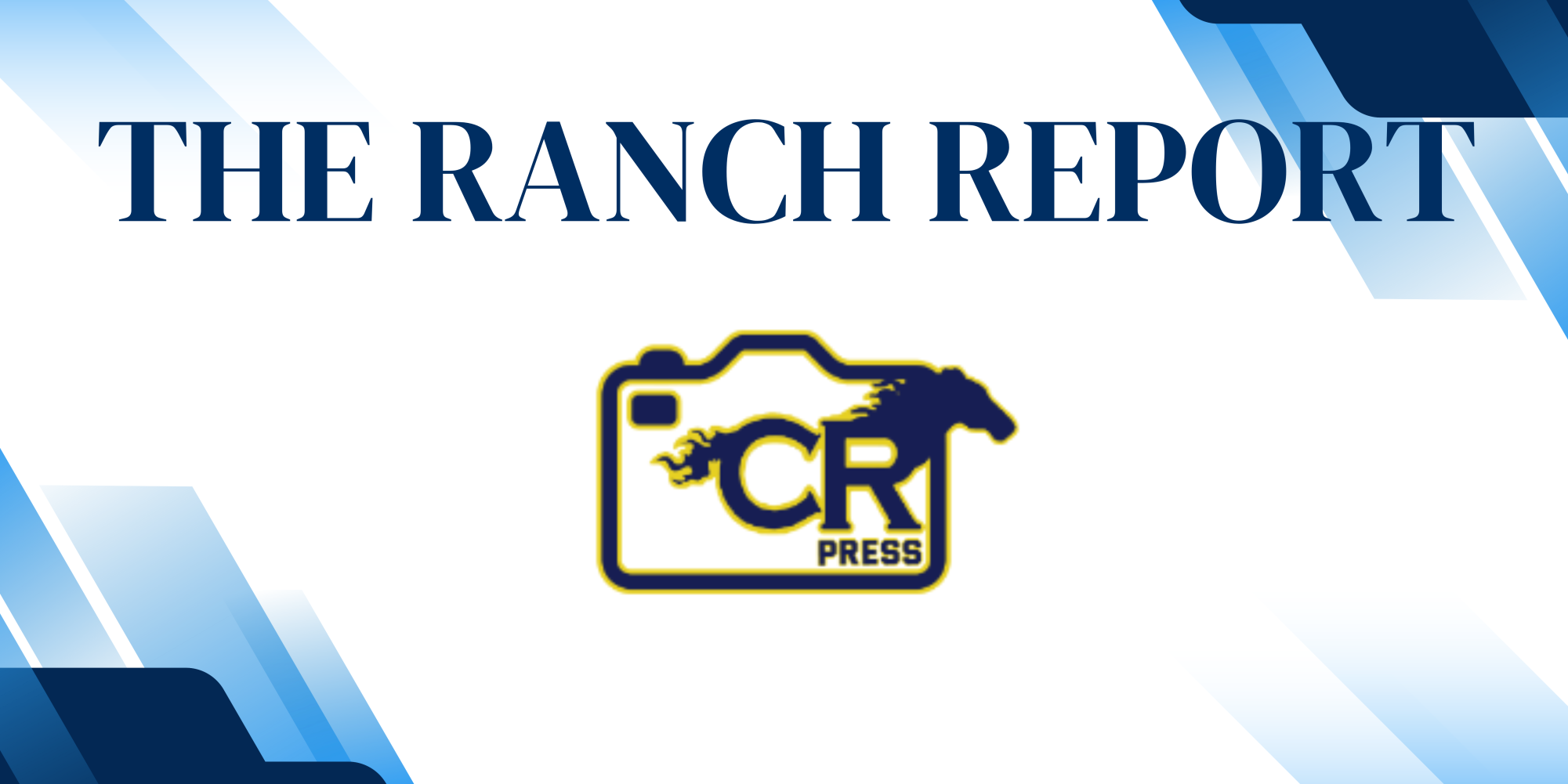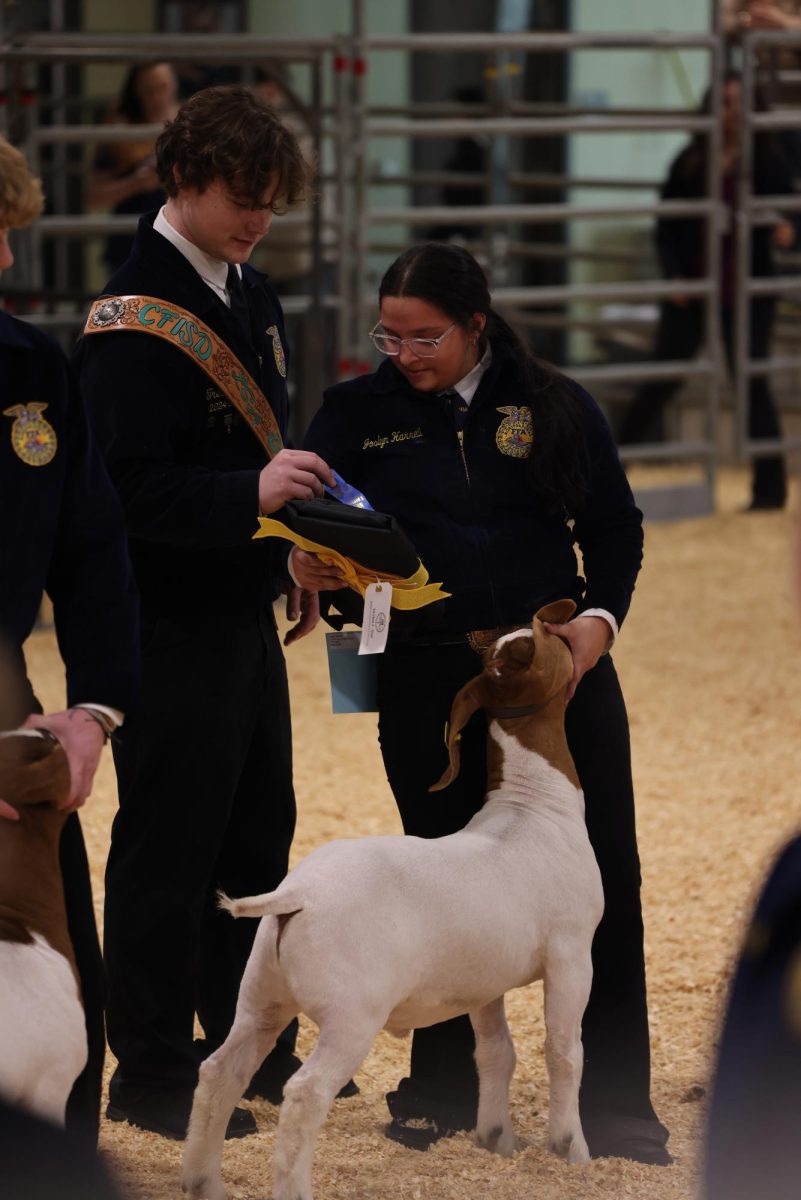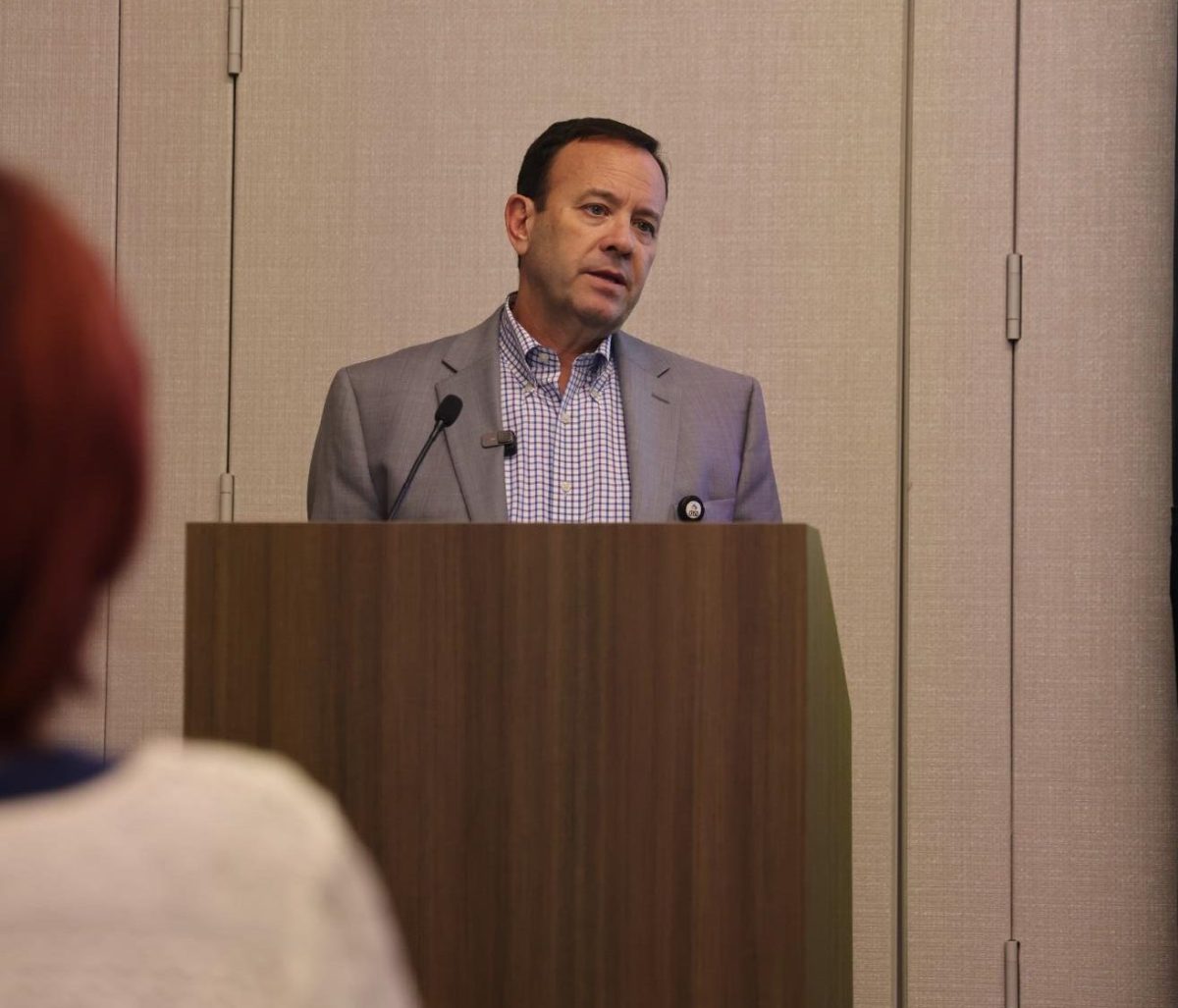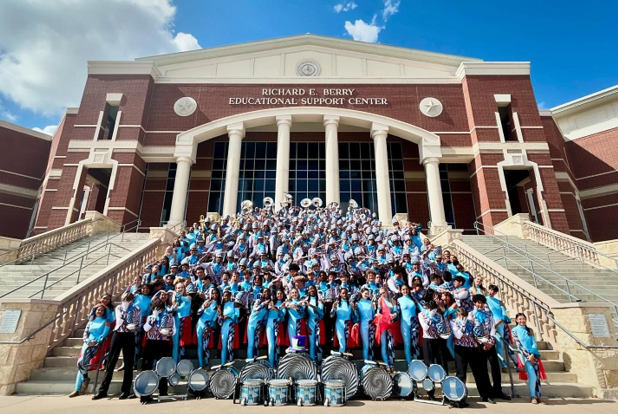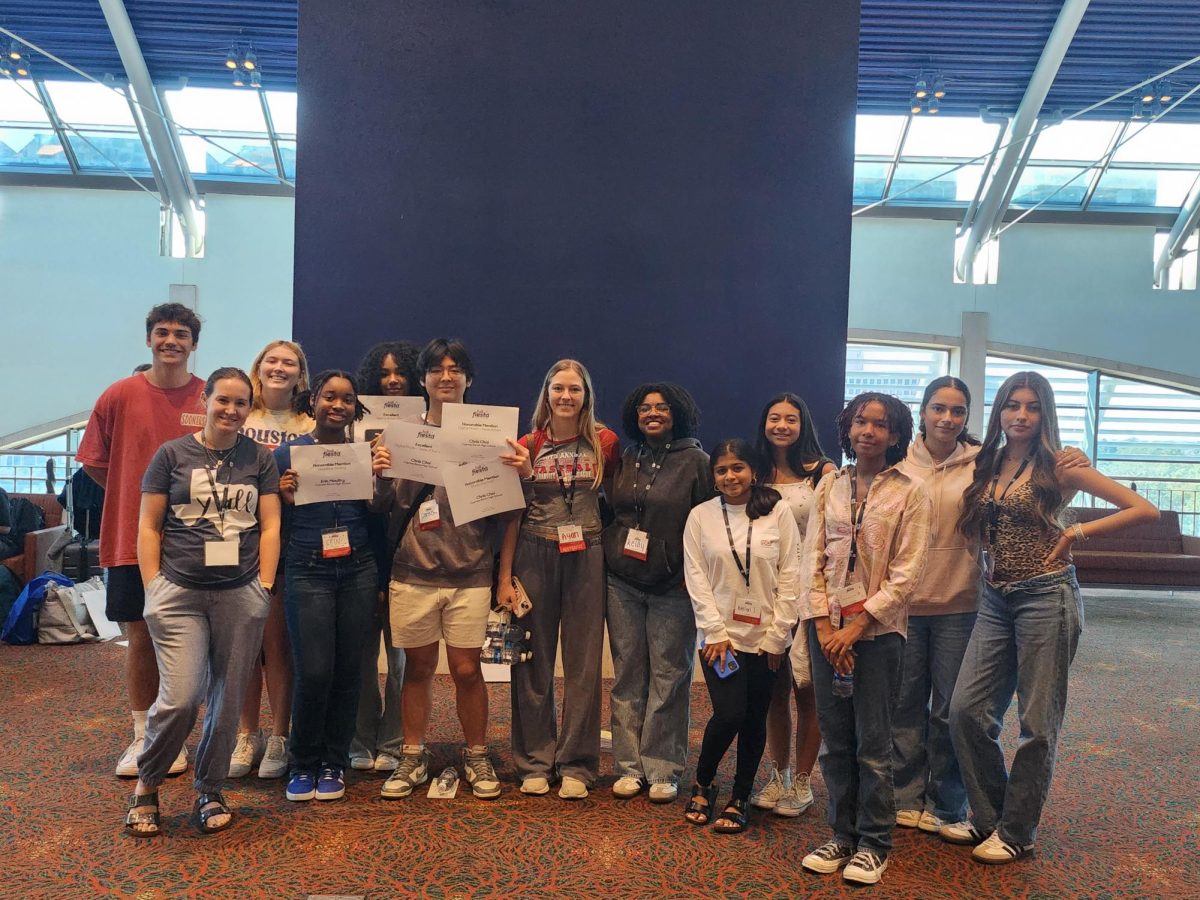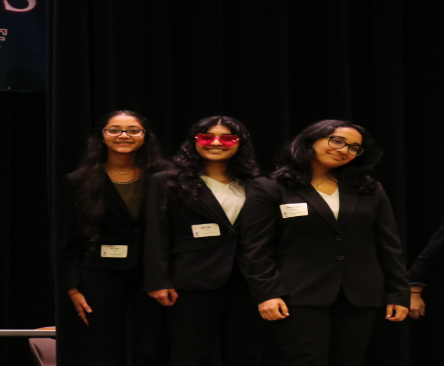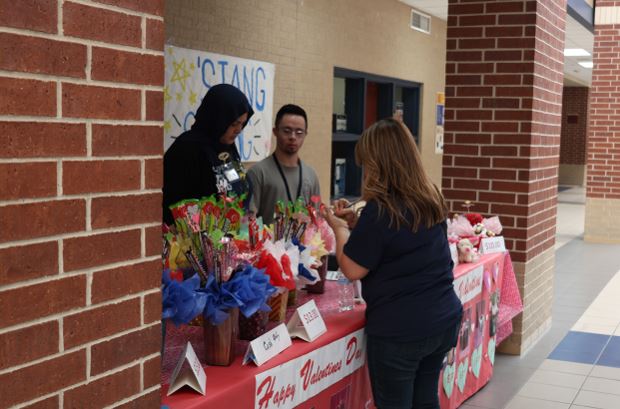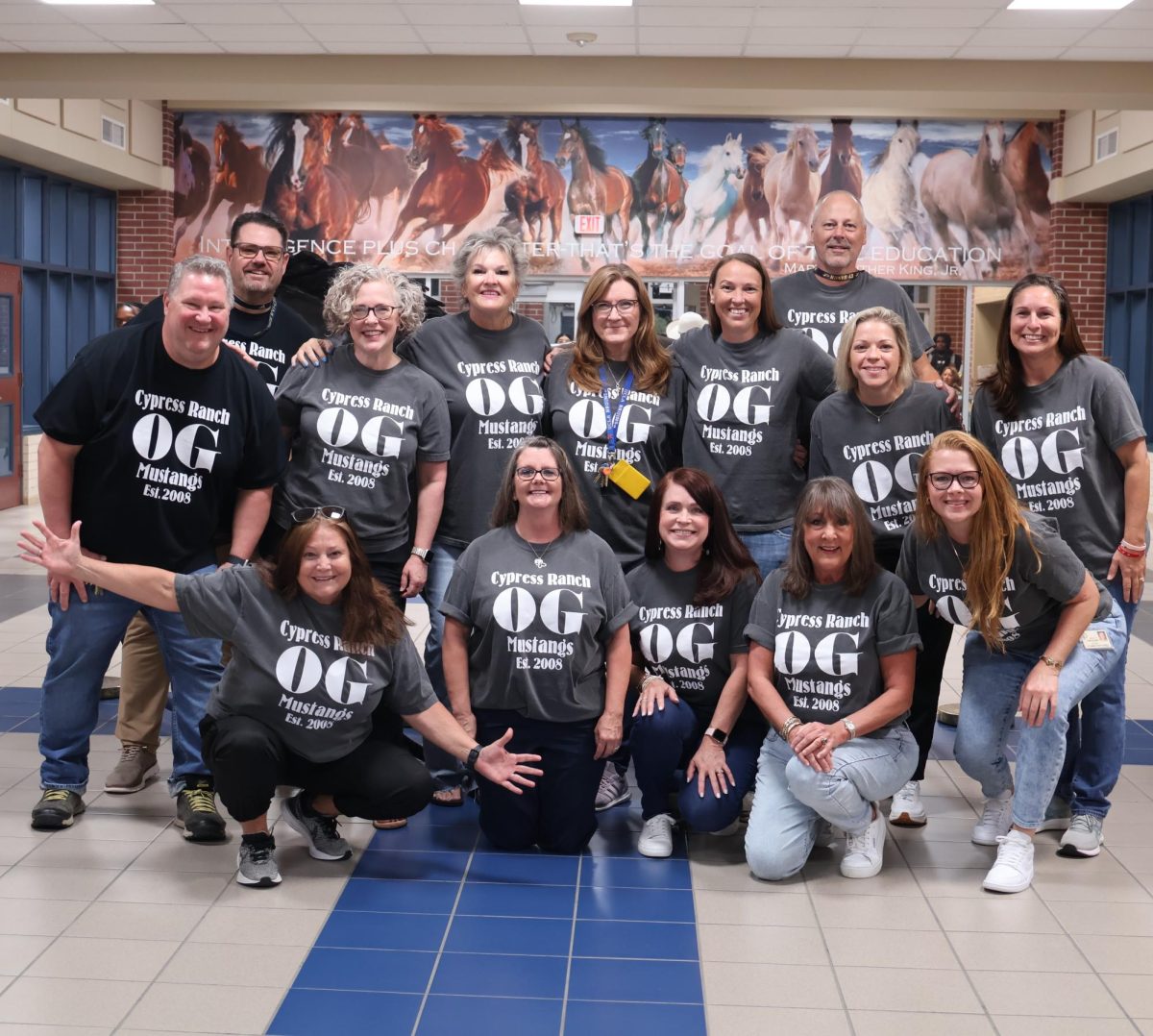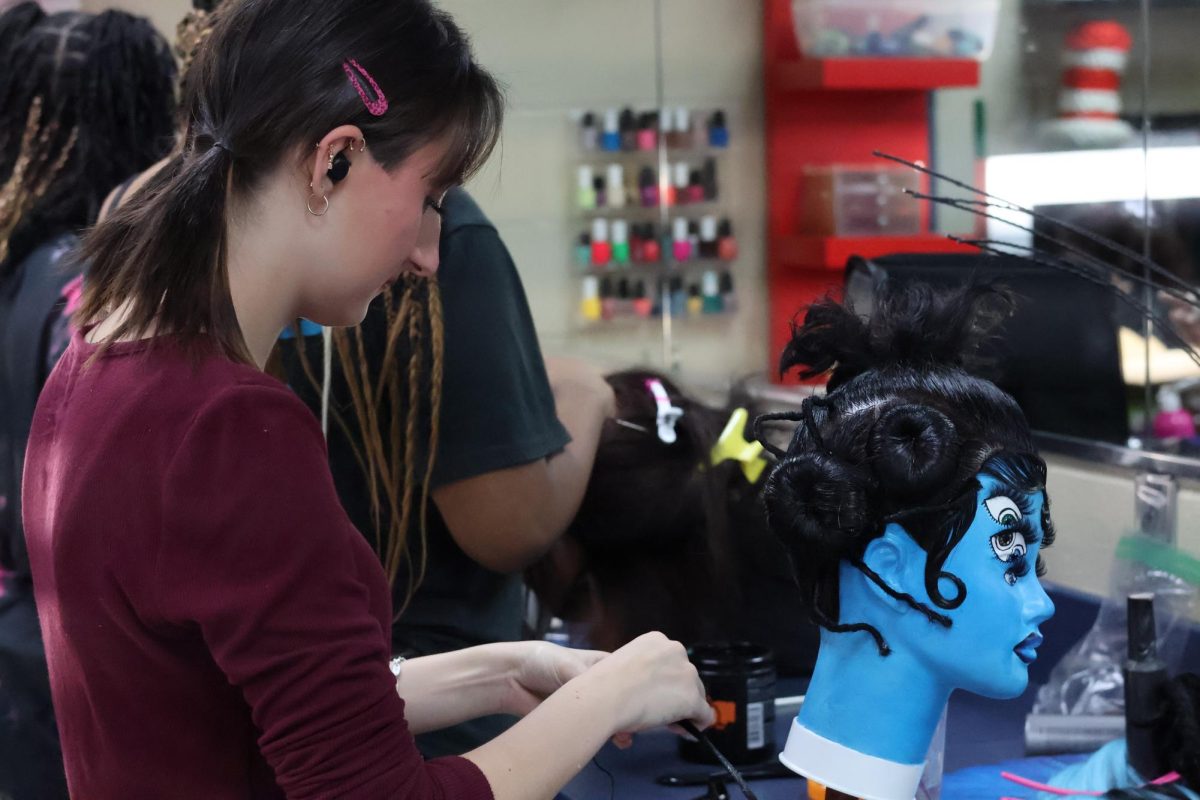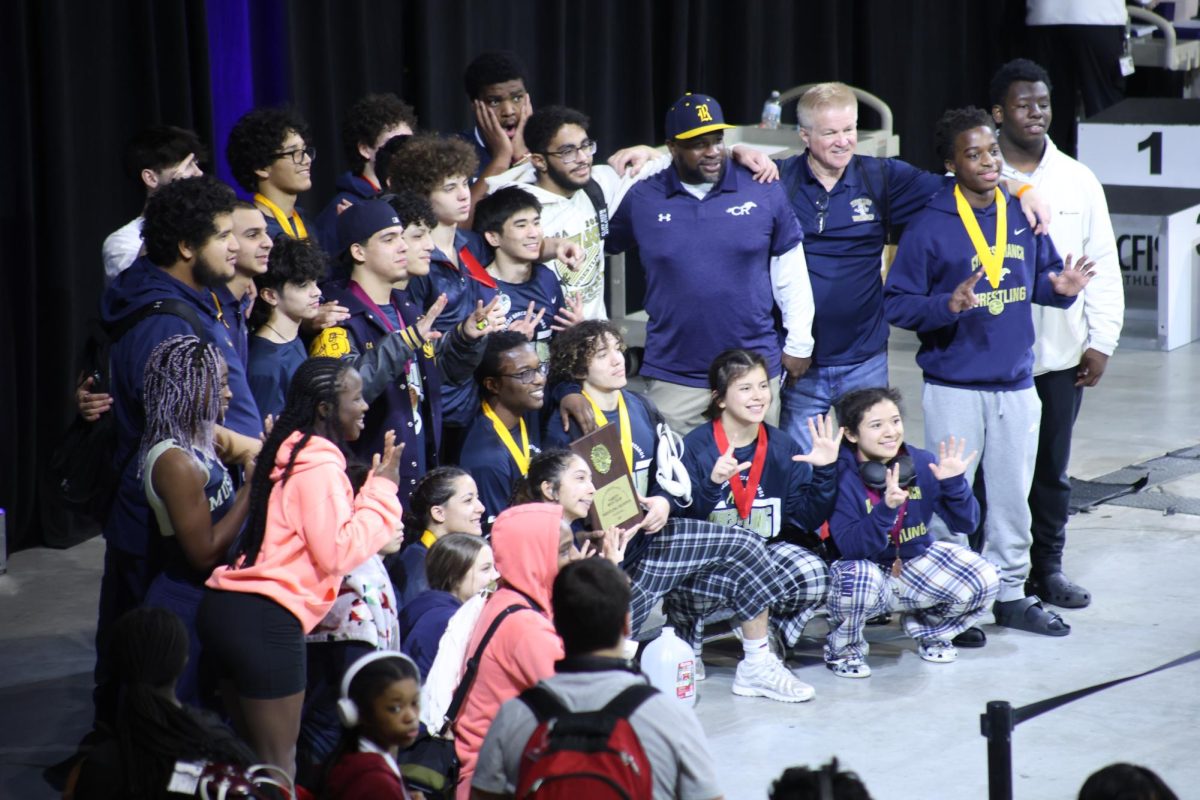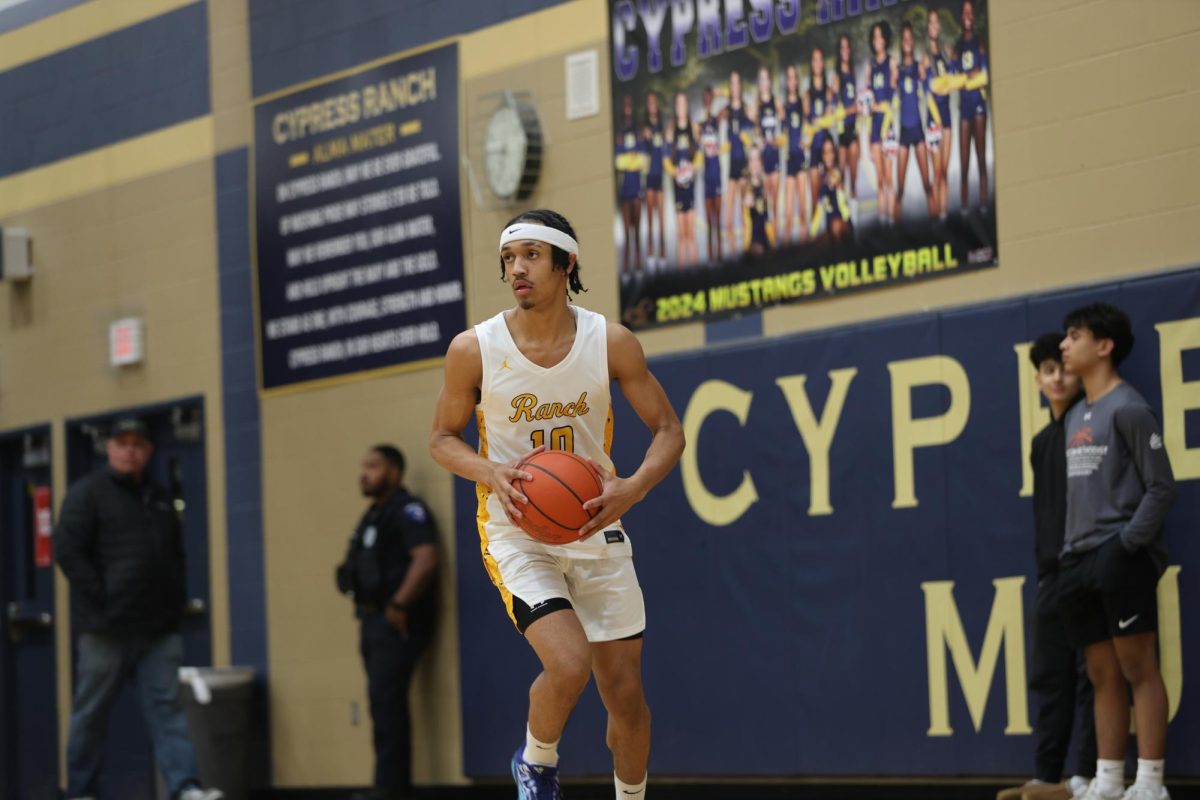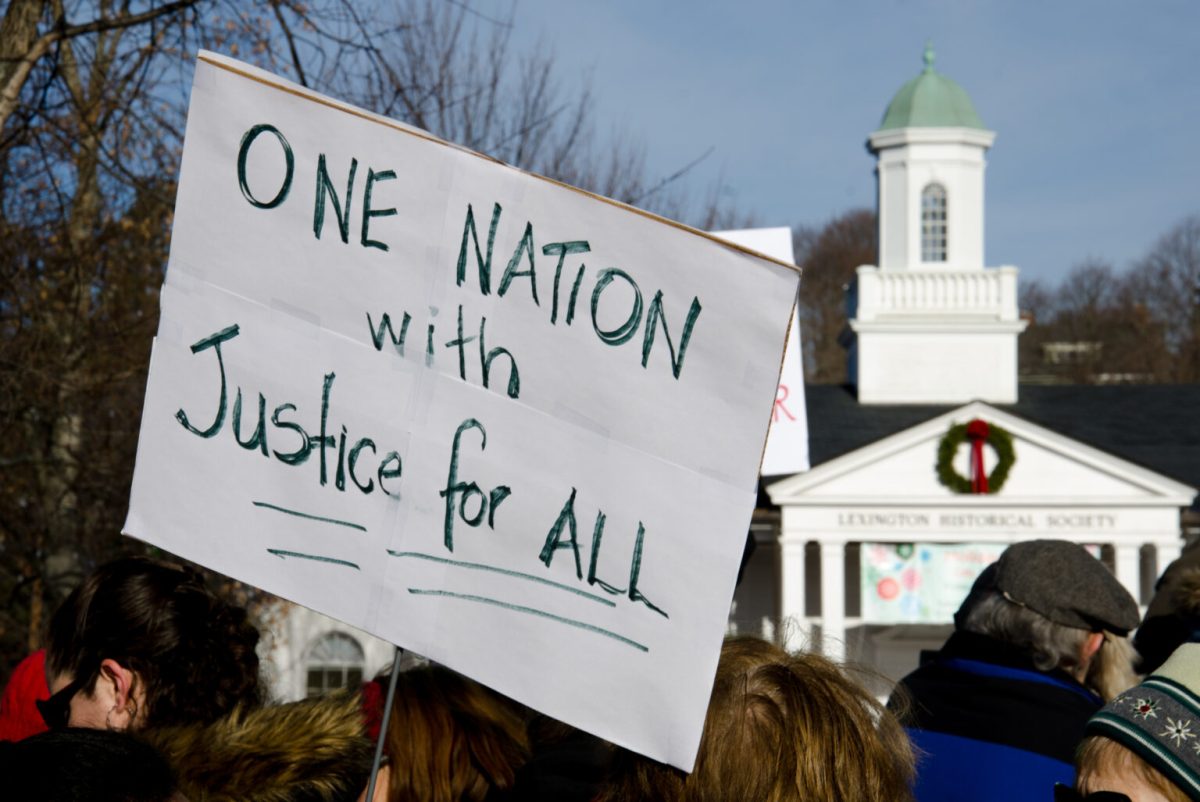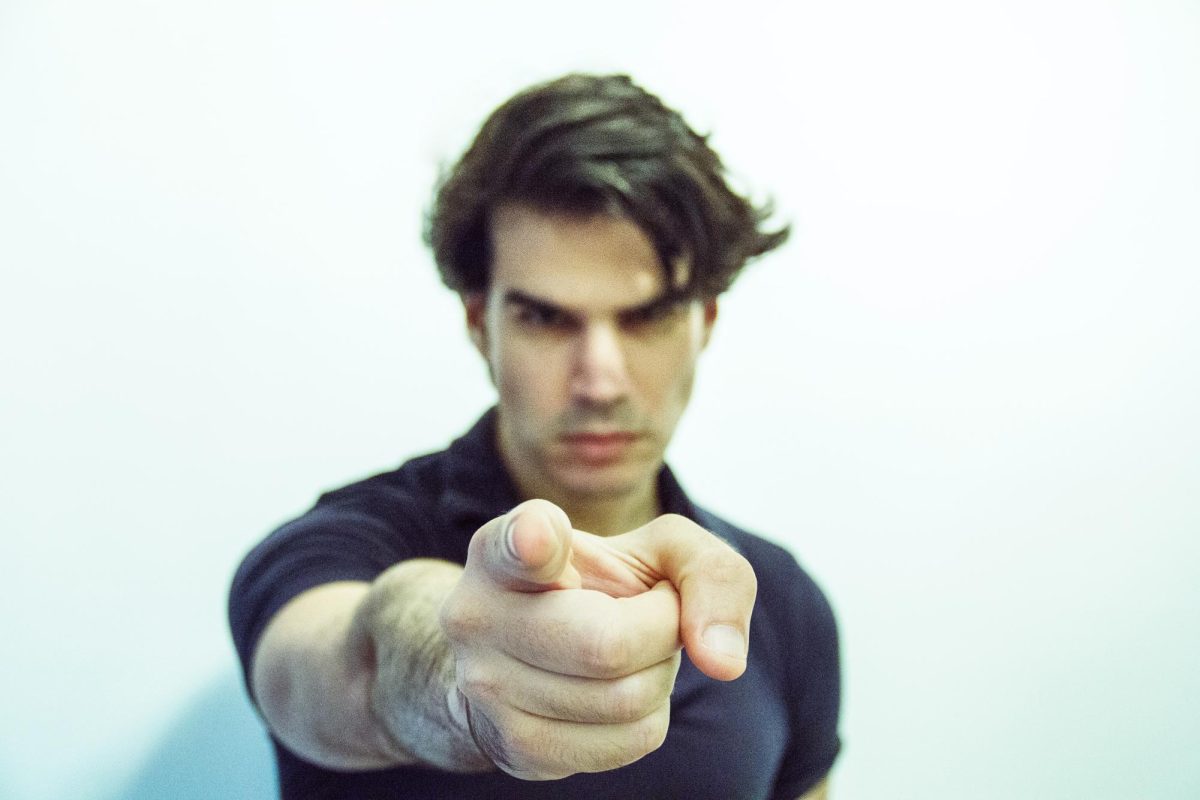TikTok was temporarily banned from the U.S. app store Jan. 18, sparking debates over digital privacy, censorship and the future of social media. The government claims the app, owned by China-based ByteDance, posed a national security risk by potentially sharing user data with foreign entities. While officials insist the ban is necessary for protection, critics argue it restricts free expression and limits a major platform for creativity and activism.
At Cypress Ranch, students have mixed reactions. While some may see the ban as justified, most of our students feel it unfairly targets the platform. Two students shared their experiences with the temporary ban.
For students like freshman Aubrey Diggs, TikTok was more than just an entertainment app, it was more of a creative outlet.
“I used TikTok whenever I would hang out with my friends, and it would be fun,” Diggs said. “Now that it may be gone for longer in the future, it would be super weird to not have it.”
Diggs said she believes the government could focus on stronger data protections instead of an outright ban.
“It feels like they’re trying to take away our voices instead of fixing the real problem,” she said.
Some students are more worried about what this decision means for the future.
“TikTok wasn’t just an app—I have had it for so long so it holds a lot of memories,” junior Myla Martin said. “I literally have videos dating back to 2016. This makes me wonder what else they could take away if they don’t like how we’re using it.”
Despite the initial ban, TikTok has since been restored for users who already had the app downloaded, but it remains unavailable in app stores. This compromise has left students in a strange middle ground, those who still have TikTok can use it, while others are locked out unless they find alternative ways to access it. Whether this is a temporary solution or a sign of more restrictions to come, one thing is certain—the debate over digital freedom and security isn’t over yet.

